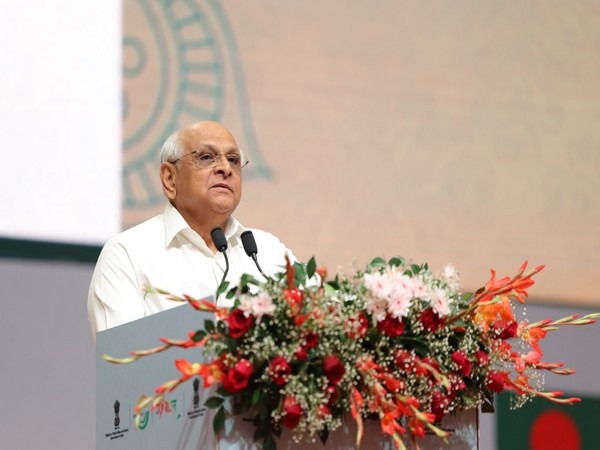Record number of Chinese granted refugee status in Japan amid rise in religious intolerance in China
May 11, 2021

Tokyo [Japan], May 11 : A record number of Chinese nationals were granted refugee status in Japan in 2020 amid rising intolerance of religious and political beliefs in China.
Some of the refugees were from Xinjiang, the western region of China, where the country's government has been accused of genocide against religious minorities including Uyghur Muslim.
A total of 47 foreigners were recognised as refugees and permitted to remain in Japan in 2020, of whom 11 were Chinese, South China Morning Post reported citing the Immigration Services Agency of Japan.
Japan has long faced criticism for its poor record of allowing refugees. In 2019, Japan accepted 44 refugees, compared to 53,973 refugees accepted by Germany, 44,614 given the right to settle in the United States and more than 30,000 in France. Yet Japan does appear to now recognise that more Chinese should be considered refugees.
In 2018, 308 Chinese applied to be recognised as refugees in Japan, with just four applications approved. In 2019, of the 134 applications, zero cases from Chinese nationals were approved.
In 2020, 77 applications filed by Chinese were rejected but 11 people were successful.
Members of the Falun Gong sect, along with Christian groups, were among those that have sought refugee status, support groups said.
"Religion is the main reason that people are leaving China and come into contact with our group," said Maho Hadano, a coordinator for the Door To Asylum Nagoya support group. "We are also seeing some Uygur people and we very much hope that the government will recognise more as refugees and allow them to stay here."
Hadano said that "hundreds" of foreigners were applying each year for refugee status but the vast majority were rejected. They were, however, permitted to reapply if their situation changed.
A spokesman for the Immigration Services Agency declined to comment on the increase in Chinese nationals being granted permission to remain in Japan as refugees or their reasons for leaving China.
China has been rebuked globally for cracking down on Uyghur Muslims by sending them to mass detention camps, interfering in their religious activities and sending members of the community to undergo some form of forcible re-education or indoctrination.
Beijing, on the other hand, has vehemently denied that it is engaged in human rights abuses against the Uyghurs in Xinjiang while reports from journalists, NGOs and former detainees have surfaced, highlighting the Chinese Communist Party's brutal crackdown on the ethnic community.




















